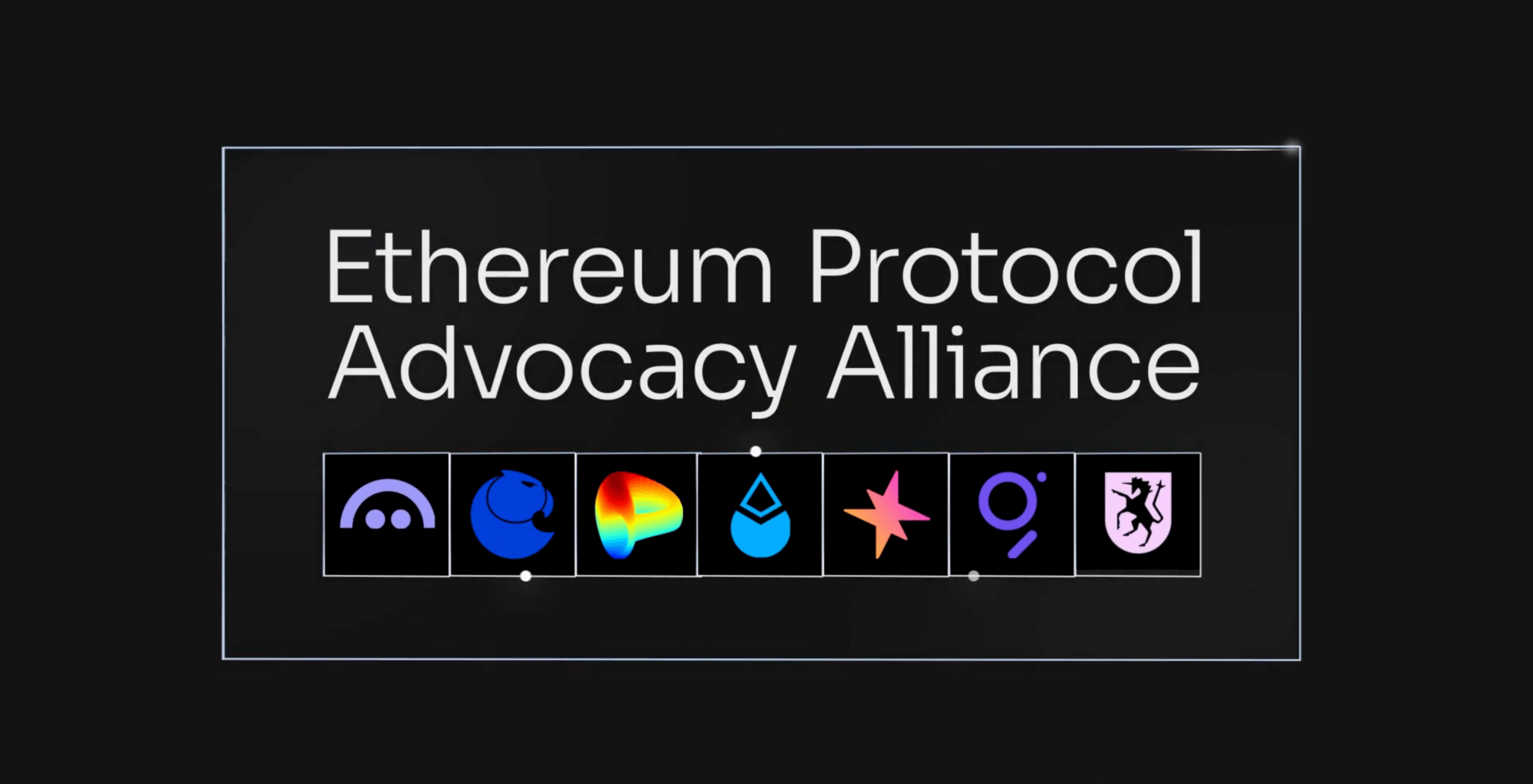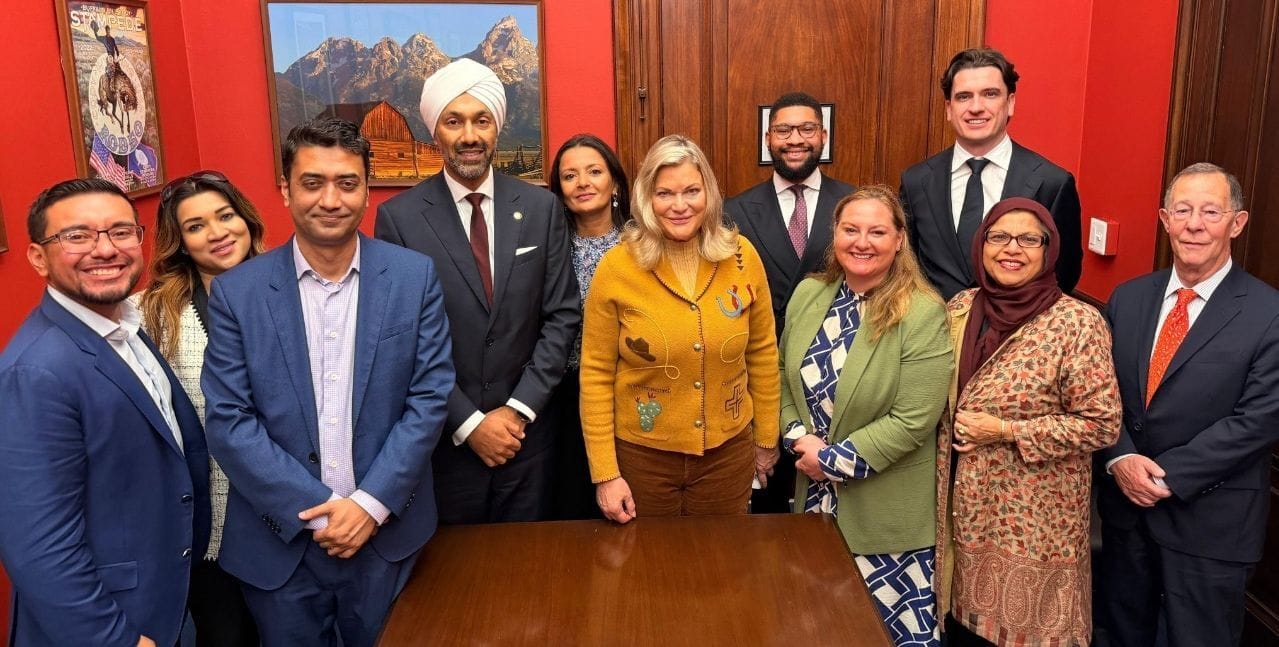- DRC Monthly Update
- Posts
- 🔬 DRC: November Report
🔬 DRC: November Report
Market Structure Moves Forward, DRC Advocacy, Decentralized Social Media, and more.
Welcome to the Decentralization Research Center report, a monthly briefing on events and research relevant to decentralization, DAOs and governance.
This Month’s Updates
Key Notes
Following the 43-day government shutdown, there is renewed momentum on market structure, signaled by the November 10th bipartisan discussion draft released by the Senate Agriculture Committee to expand CFTC authority over digital commodity markets. The draft expands upon the House-passed Digital Asset Market Clarity Act, defining digital commodities, establishing CFTC spot market authority for digital assets, and including protections for self-custody of assets.
Key sections, however, remain unresolved, with the entire DeFi section (Section 208) and anti-money laundering provisions (Section 213) still bracketed, awaiting consensus. Section 107, which would protect non-controlling blockchain developers from being misclassified as money transmitters, is also bracketed but contains promising language from the Blockchain Regulatory Certainty Act. Chairman Boozman has committed to holding a markup in early December, and the timing aligns with Michael Selig's CFTC Chair nomination hearing scheduled for November 19th, potentially bringing new leadership with significant digital asset expertise to the agency.
The DRC has provided Senate Agriculture Committee staff with substantive feedback on their discussion draft and looks forward to continuing constructive conversations to support their ongoing bipartisan negotiations.

We are proud to partner with the Ethereum Protocol Advocacy Alliance to advance sound policy for decentralized, permissionless infrastructure. Together with Aave, Aragon, Curve, Lido, Spark, The Graph, and Uniswap Foundation, we’re working to:
- Protect the neutrality of the protocol layer
- Advance transparency as a path to compliance
- Preserve flexibility for protocol innovation
- Uphold global, permissionless access
We look forward to helping shape effective, pragmatic, and technically grounded regulation together.
It’s also been a busy month for events. Connor spoke on privacy at Devconnect in Argentina, Samuel joined King’s College London for the launch of their Data Empowerment Clinic, and spoke and ran workshops with Project Liberty at the Global Innovation Coop Summit in Portugal to spread the word about our Data Coop Report.
Closer to home on policy, Kyle was at the second annual DC privacy summit to spend the day with regulators, builders, cryptographers, and other privacy professionals to discuss cutting-edge cryptography and responsible policy, and attended the UK US Crypto Alliance where he joined industry leaders, senators and members of the U.S. Securities and Exchange Commission for a series of constructive conversations shaping the future of digital finance via the Crypto Taskforce.

The Deep Dive
In “The Decentralization Conversation: Social Media,” Danny O’Brien, Jay Graber, Luke Hogg, and Samuel Vance-Law sit down for a discussion on where decentralization in social media matters, the tension between convenience and control, and why centralization persists.
Luke: When Congress was considering comprehensive data privacy laws, there were requirements that users could at any time go to a company and request that their data be deleted. Makes sense on the face of it, right? But when you start to think about, how would that work in a decentralized system? How would that work in a system that is designed specifically to prevent the deletion of data? It was a big educational hurdle. That’s part of the challenge of the initial question about what is decentralization. I’m actually curious, Jay, how y’all have seen the educational component of going out to consumers with Blue Sky and trying to explain to them the benefits.
Jay: From trying to explain decentralization for many years, I actually think that it’s best to approach it not from the architectural, technical side, but really talk about what are the concrete benefits that you’re providing people. If you can show, not tell, that’s the best. That’s one of our internal mottos. If it’s in the product, if it’s a feature or a user benefit that users can immediately use, it is much more straightforward for people to understand. Talking about decentralization is actually much like talking about the architecture of a database to a normal person. At the end of the day, what people do care about is, how do I have a social media experience where I see what I want to see? Where I don’t see the stuff I don’t want to see?
Continue reading here…
If you’re working on related research or would like to get involved in our work, please reach out to us via [email protected]. We’d love to hear from you!
Connor Spelliscy
Executive Director
Decentralization Research Center

